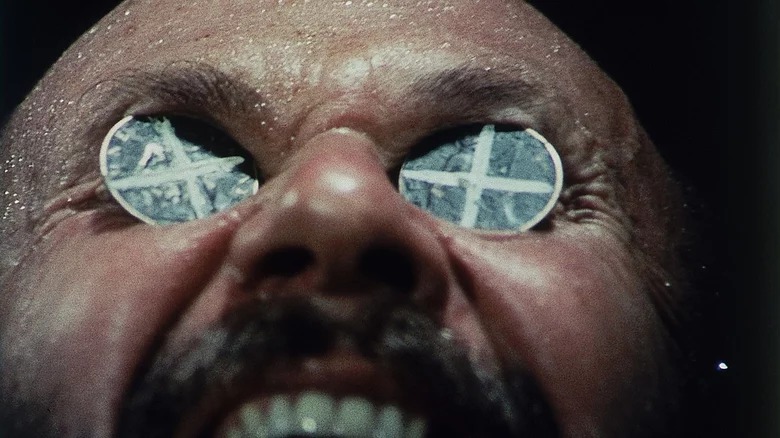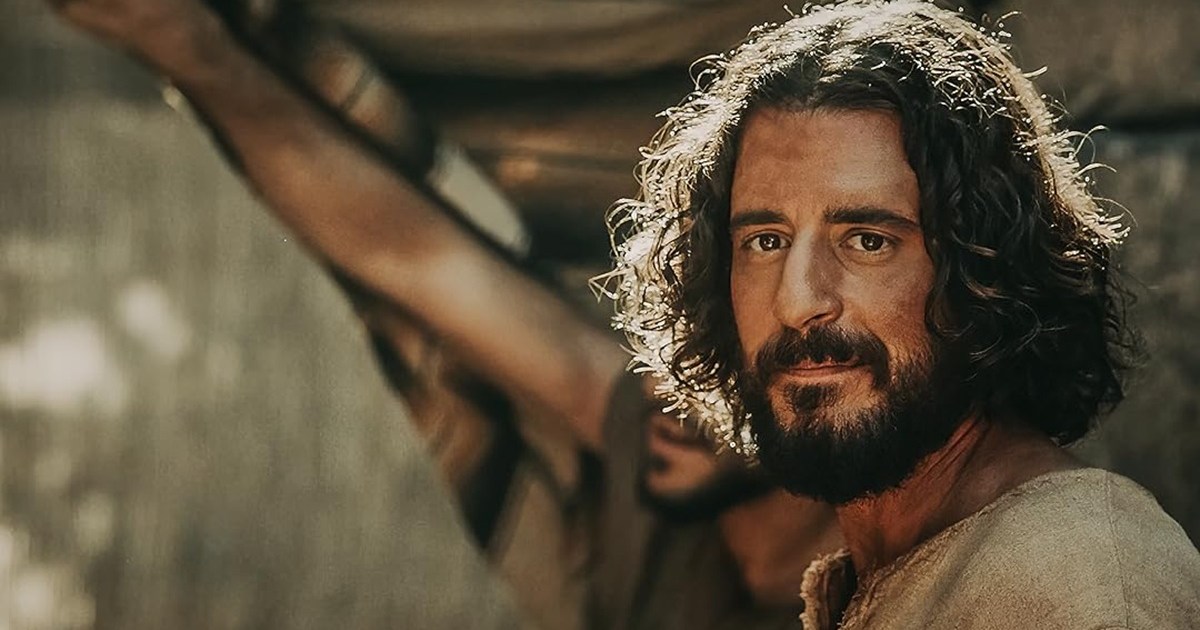I was both shocked and saddened to discover only last week that legendary Canadian director Ted Kotcheff, whose film career spanned six decades, had passed away in April, the news somehow getting past me. Perhaps part of the reason is that Kotcheff was not a household name, which is odd when you consider that he was one of the most versatile directors of his generation, delivering several classics across a variety of genres that make him worthy of being celebrated as one of the finest filmmakers to ever come out of Canada.
He was born William Theodore Kotcheff in Toronto in 1931 to Bulgarian immigrants, holding his family heritage dear throughout his life, with Bulgarian being the first language he learned to speak, while also telling a Bulgarian publication in 2016 that “Bulgarians are my people,” and “I have always felt Bulgarian.” Kotcheff would go on to graduate with a degree in English literature from the University of Toronto, and he got his start at CBC in 1952, initially working as a stagehand before, according to The Hollywood Reporter, becoming the youngest drama director in the country at 24.
However, in 1953 Kotcheff entered the U.S. for the first time to see a play in New York, but he was arrested by U.S. border agents for a prior association with a left-leaning book club. He was briefly jailed and labeled a communist, which led to Kotcheff’s decision to further his career in London, where he would work for the next decade directing plays and his first feature films Tiara Tahiti (1962), Life at the Top (1965), and Two Gentlemen Sharing (1969).
Kotcheff would consequently take his talents to Australia, directing the pivotal Australian New Wave psychological thriller Wake in Fright. However, its master negative was lost for many years after its release, leaving only censored prints of poor quality, resulting in its growing cult status over time as a partially lost piece of art. Thankfully, the film’s original elements were eventually rescued in 2004 before being remastered in 2009, to the joy of cinephiles the world over, as Wake in Fright is rightfully recognized as a masterpiece unlike any horror or thriller made before or since, as its terror lies in its cerebral depiction of one man’s descent into depravity. Even Martin Scorsese described it as “a deeply — and I mean deeply — unsettling and disturbing movie…. it left me speechless. Visually, dramatically, atmospherically and psychologically, it’s beautifully calibrated and it gets under your skin one encounter at a time”.
The creative successes continued for Kotcheff with his first Canadian feature film, the 1974 comedy drama The Apprenticeship of Duddy Kravitz, whose screenplay was penned by the highly regarded Canadian writer and Kotcheff’s former London roommate Mordecai Richler (based on his own novel of the same name), while a young Richard Dreyfuss played the titular character. This film has endured as a classic of Canadian cinema and has even been featured on the Toronto International Film Festival’s prestigious top 10 Canadian Films of All Time list twice, in 1984 and 1993, and it would also win Kotcheff the prestigious Golden Bear at the Berlin Film Festival. Kotcheff later admitted in his memoir that The Apprenticeship of Duddy Kravitz was one of the most seminal moments in his professional career, and indeed his life.
Having tackled the British, Australian, and Canadian film industries, it was time for Kotcheff to move on to American cinema, wasting little time in the process, as his first feature would be the western Billy Two Hats, which released in 1974, the same year as The Apprenticeship of Duddy Kravitz. Over the next few years, he would direct the comedy Fun with Dick and Jane (1977), black comedy Who Is Killing the Great Chefs of Europe? (1978), the sports film North Dallas Forty (1979), and the drama Split Image (1982).
While Split Image garnered little attention, much to Kotcheff’s disappointment, 1982 nonetheless saw the release of the most commercially successful film of his career, First Blood. Garnering an estimated $125 million at the global box office (which, for context, is just over $415 million today when adjusted for inflation), while also being the first Hollywood blockbuster to be released in China. Additionally, First Blood was the first film to feature Sylvester Stallone as the iconic action character John Rambo, spawning a series of sequels, and though it received mixed reviews at the time, it is now recognised as a highly regarded and influential film in the action genre.
Although Kotcheff would never reach this level of success in feature film again, he continued making movies throughout the 1980s and into the mid-1990s. This includes the war film Uncommon Valor (1983); his final Canadian feature film Joshua Then and Now (1985), which saw him reuniting with his old friend Mordecai Richler as the screenwriter; the 1988 comedy Switching Channels, a film more famous for the infighting between Burt Reynolds and Katheleen Turner than anything else; and the cult comedy Weekend at Bernie’s (1989), whose title has become a pop culture term used to describe the act of parading a dead person around as if they were alive, morbidly specific as that may be.
Kotcheff’s final feature film was the Dolph Lundgren-led The Shooter in 1995, which might be forgettable, but it could not detract from his illustrious career, earning his retirement from film as a legend of the industry. However, Kotcheff was far from done, as he moved back into the medium where his career started, television.
Many people don’t know this, but Kotcheff played a major role in the creation and development of Law & Order: Special Victims Unit, which aired in 1999 and is still going 26 seasons later. The show’s creator, Dick Wolf, was a fan of Kotcheff’s work, and approached him to help in developing a spin-off show to Law & Order that dealt with the investigation and prosecution of sex crimes. He even had a hand in casting the series’ central stars, Mariska Hargitay and Christopher Meloni, after an extensive search that reportedly involved auditioning thousands of actors, and that duo certainly contributed to the show’s enduring success. Kotcheff served as a producer on the show from 2000 to 2012 and even directed seven episodes during that period.
Law & Order: SVU served as the final production on which Ted Kotcheff would work before officially retiring from the industry altogether, with a legacy that most filmmakers could only dream of, as he possessed the rare ability to direct numerous genres, whether it was drama, comedy, horror, or action, not to mention the success he found at the box office and the admiration he earned amongst his peers. Kotcheff died of heart failure on April 10th, only three days after his 94th birthday.




